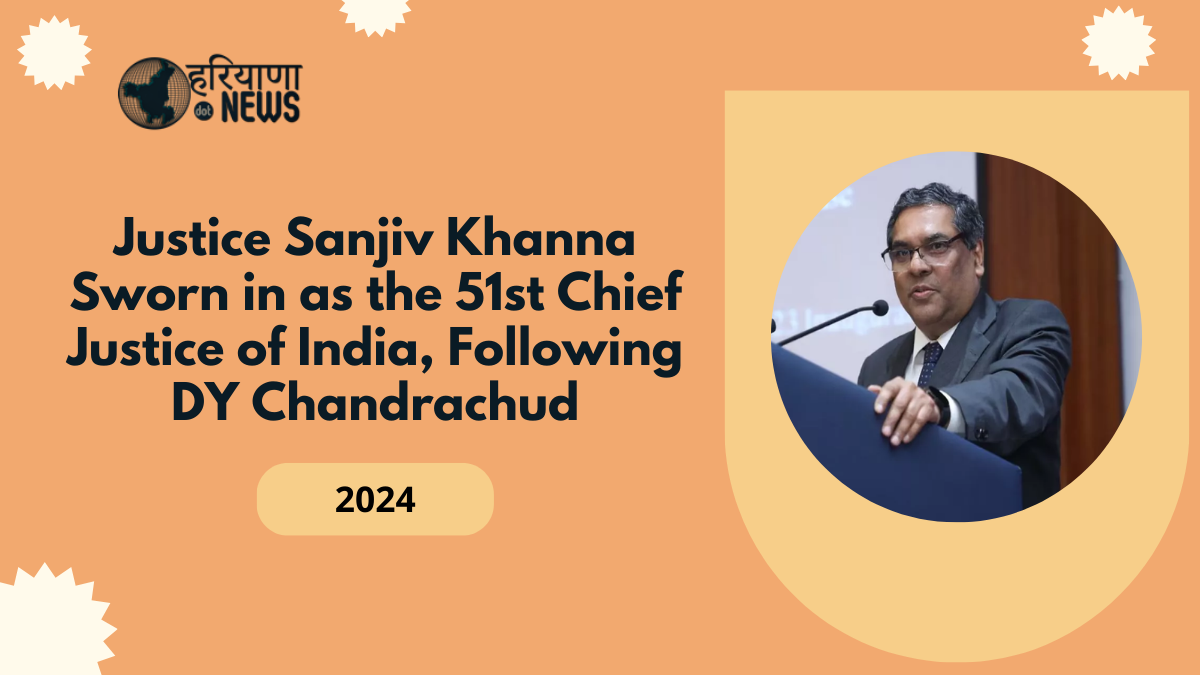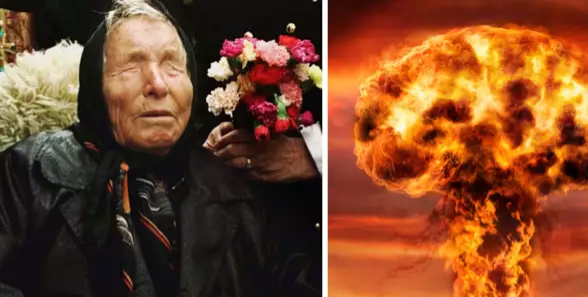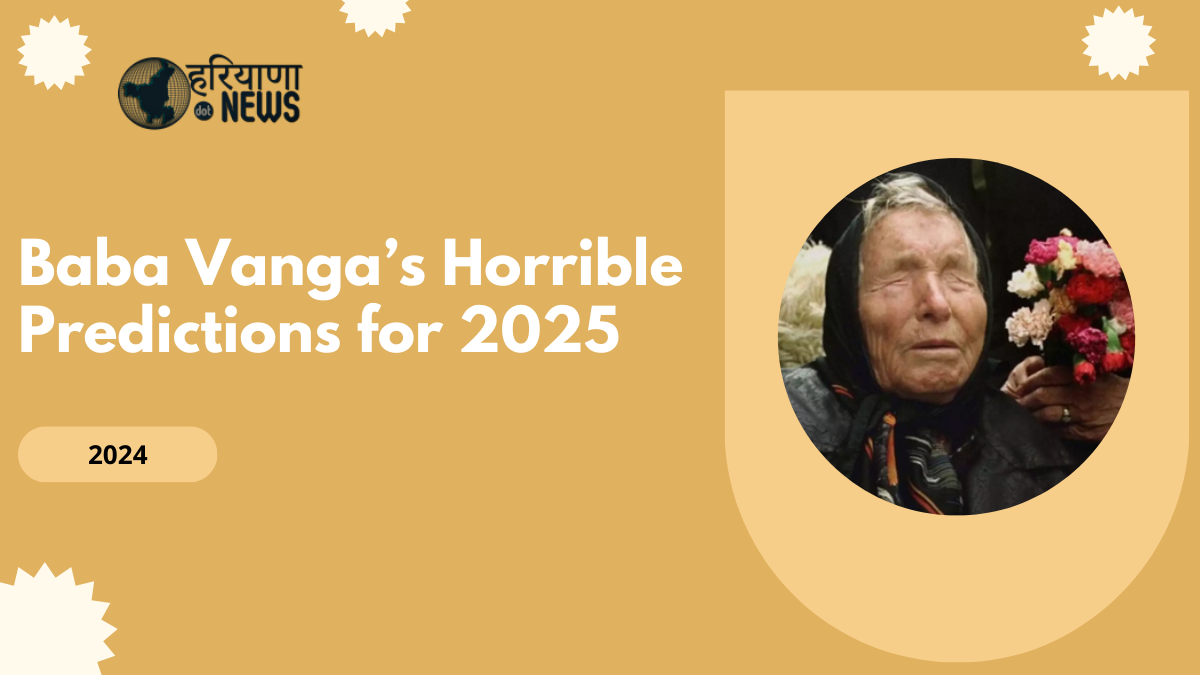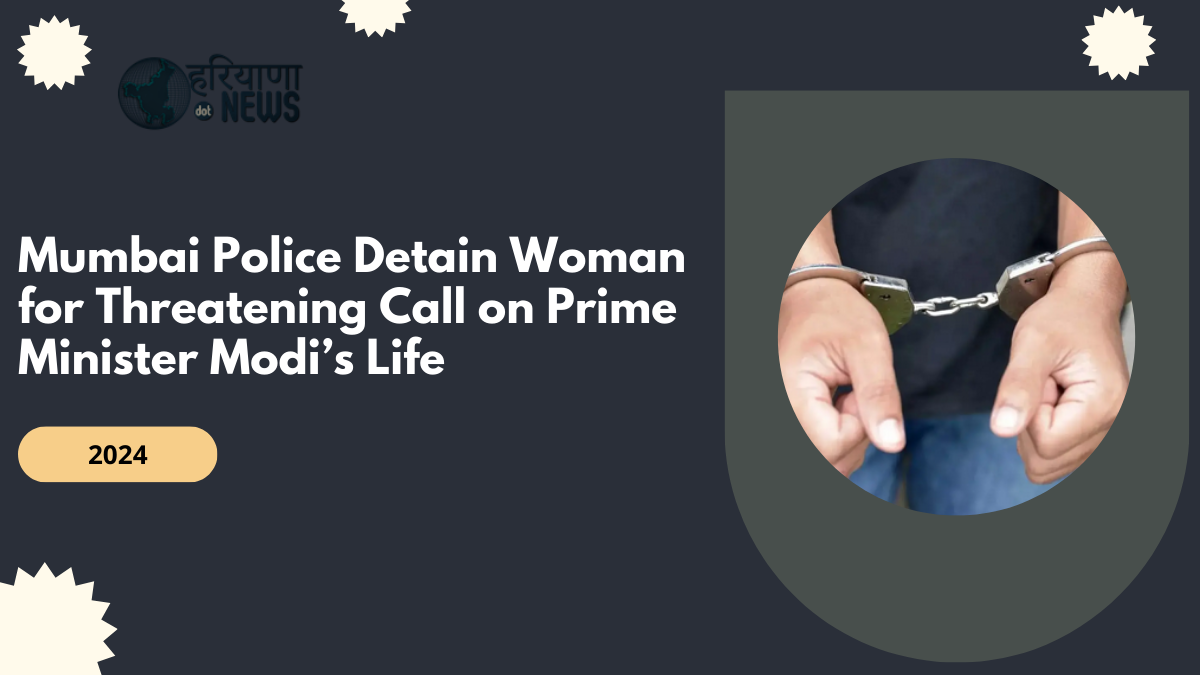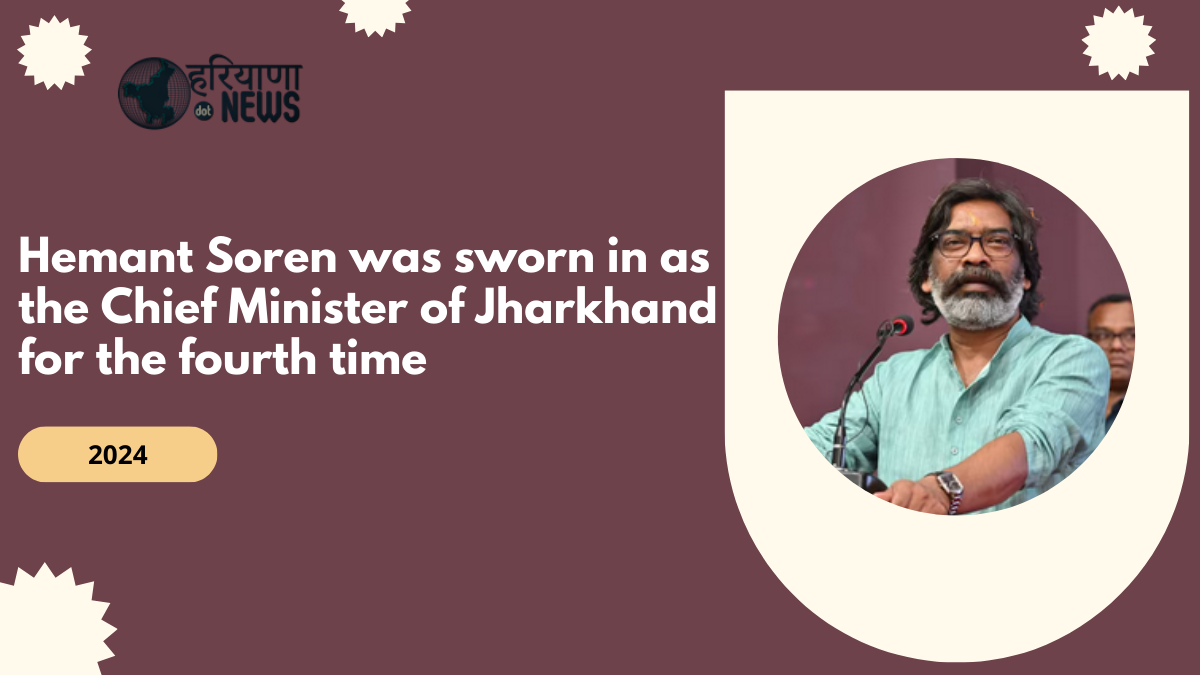On Monday, Justice Sanjiv Khanna, a jurist involved in several historic Supreme Court decisions, officially assumed the role of the 51st Chief Justice of India (CJI). Droupadi Murmu administered his oath of office at Rashtrapati Bhavan. Justice Khanna follows Justice DY Chandrachud, whose term concluded on Friday.
The government issued a formal notification for Justice Khanna’s appointment on October 24, shortly after Chief Justice Chandrachud recommended him on October 16. Justice Chandrachud was honored with a grand farewell on his last working day, with many judges, lawyers, and court staff from the Supreme Court and various high courts expressing their good wishes.
At the age of 64, Justice Khanna is expected to serve as the Chief Justice for six months, retiring on May 13, 2025.
Justice Sanjiv Khanna’s Legacy of Noteworthy Judgments
Justice Sanjiv Khanna has contributed to numerous landmark judgments. These include the annulment of the electoral bonds scheme and supporting the abrogation of Article 370, among other significant rulings. Additionally, he upheld the use of electronic voting machines (EVMs) in elections, supporting their role in India’s democratic process.
In a unique case, Justice Khanna’s bench granted interim bail to Arvind Kejriwal, the then-Chief Minister of Delhi and a prominent leader of the Aam Aadmi Party, allowing him to campaign for the Lok Sabha elections despite being involved in excise policy-related cases.
Justice Khanna’s career has been profoundly influenced by his uncle, the late Justice Hans Raj Khanna, who was a candidate for the top judicial position in 1977 but was passed over during the Emergency period under Indira Gandhi’s administration.
The Legacy of Justice Hans Raj Khanna: Inspiration to Justice Sanjiv Khanna
Justice Hans Raj Khanna, born in 1912, embarked on his career as a lawyer in Amritsar before advancing to positions such as district and sessions judge in 1952. He later served as a judge in the high courts of Delhi and Punjab. In 1971, he was appointed to the Supreme Court and became a strong contender for Chief Justice of India in 1977.
 Mumbai Police Detain Woman for Threatening Call on Prime Minister Modi’s Life
Mumbai Police Detain Woman for Threatening Call on Prime Minister Modi’s Life
 Hemant Soren was sworn in as the Chief Minister of Jharkhand for the fourth time, took oath as Jharkhand’s 14th chief minister
Hemant Soren was sworn in as the Chief Minister of Jharkhand for the fourth time, took oath as Jharkhand’s 14th chief minister
 India’s Strategic Breakthrough: Advancing SLBM Capabilities with INS Arighaat
India’s Strategic Breakthrough: Advancing SLBM Capabilities with INS Arighaat
 Chinmoy Das Arrest: High Court Petition Seeks Ban on ISKCON Amid Rising Violence Against Hindus in Bangladesh
Chinmoy Das Arrest: High Court Petition Seeks Ban on ISKCON Amid Rising Violence Against Hindus in Bangladesh
 Bangladesh Police Use Tear Gas and Batons Against Hindu Protesters After Chinmoy Das’ Arrest
Bangladesh Police Use Tear Gas and Batons Against Hindu Protesters After Chinmoy Das’ Arrest





The Judgment that Denied Justice Hans Raj Khanna the Position of Chief Justice
Justice Hans Raj Khanna is remembered for his courageous dissent during the Emergency imposed by Prime Minister Indira Gandhi in 1975. The turning point came in 1976 when a five-judge bench, including Chief Justice AN Ray and Justices MH Beg, YV Chandrachud, and PN Bhagwati, ruled on the ADM Jabalpur vs. Shivkant Shukla case. This case revolved around whether the right to personal liberty could be suspended in the State’s interest.
Justice Khanna was the only judge to dissent, asserting that preventive detention without trial was deeply opposed to the value of personal freedom. He warned that such laws eroded fundamental liberties essential to society. His famous dissent described personal liberty as a right that could not be compromised, even in challenging times.
Justice Khanna’s Foretelling Message to His Sister
In 1976, Justice Hans Raj Khanna expressed to his sister his belief that his dissenting judgment would likely cost him the Chief Justice position, as reported by India Today. Just nine months after this notable decision, Justice MH Beg was appointed Chief Justice, bypassing Justice Khanna. Justice Khanna then resigned, marking a significant moment in India’s judicial history.
Click here to know more.

